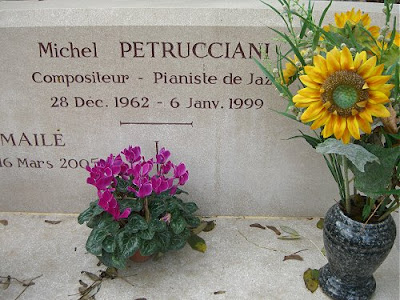Elgar up close and personal
For a topical example of the curse of close-miking listen to the prominent soloists in Friday's BBC Radio 3 broadcast of the moving Proms performance of The Apostles given by Sir Mark Elder and the Hallé. Microphones may be visible in the 1975 session photo above, but their more distant placement avoided the artificial and fatiguing sound that characterises more modern productions. Elgar up close and personal or Elgar laid-back and natural? - I know which I prefer. The photo shows EMI's Kingsway Hall sessions with Sir Adrian Boult, the New Philharmonia Orchestra and London Philharmonic Choir for The Dream of Gerontius. Staying with matters spatial, those 1975 Gerontius sessions were captured in both stereo and quadraphonic sound, and my LPs are encoded in the EMI/CBS stereo compatible SQ format. Assuming the four channel master still exists in the EMI vaults, there is an opportunity for an enterprising label to sub-license and issue it using one of the new generation multi-channel formats such as SACD. Now Gerontius - that is a sublime masterpiece.
Also on Facebook and Twitter. Any copyrighted material on these pages is included as "fair use", for the purpose of study, review or critical analysis only, and will be removed at the request of copyright owner(s). Report broken links, missing images and errors to - overgrownpath at hotmail dot co dot uk







Comments
"Compressed music makes you tired. However clever the technology and the psychoacoustic algorithms applied, there are many issues with data compression of music, as discussed in this excellent article by Robert Harley back in 1991. My assertion that listening to highly compressed music makes people tired and irritable is based on personal and anecdotal experience - again it's one that I hope will be tested by researchers."
I have made a vow to stay off the subject of BBC Radio 3. But as you have raised the subject I have to comment on the continuing technical errors. The latest was the glaring imbalance between the level of continuity announcements and music on the BBC Four relay of Andrew Manze's Vaughan Williams Prom. Sadly the music wasn't much better....